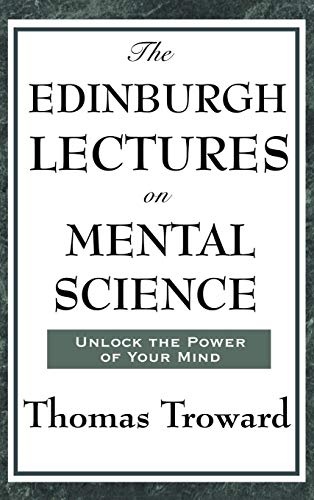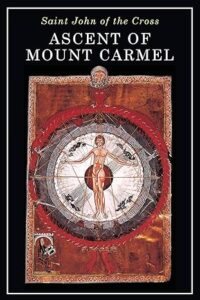The Edinburgh Lectures on Mental Science
by Thomas Troward
The Edinburgh Lectures on Mental Science by Thomas Troward is a foundational work in the field of mental science and New Thought philosophy. The book explores the relationship between thought, intelligence, and material reality, emphasizing the power of the mind in shaping one's experiences.
Troward introduces key concepts such as the distinction between subjective and objective mind, the law of growth, and the reciprocal interaction between individual and universal intelligence. He argues that understanding these principles allows individuals to harness their mental faculties for personal development, healing, and success.
The lectures delve into topics like intuition, willpower, and the subconscious mind, offering a structured approach to applying mental science in daily life. Troward's insights have influenced various philosophical and psychological movements, including the development of modern self-improvement methodologies.
The Edinburgh Lectures on Mental Science by Thomas Troward is structured into multiple chapters, each exploring different aspects of mental science and the principles governing thought and reality. Here is an overview of the chapters:
- Spirit and Matter – Discusses the relationship between mind and matter, laying the groundwork for mental science.
- Spirit and the Individual – Explores the concept of individuality within the universal intelligence.
- The Unity of the Spirit – Emphasizes the interconnectedness of all life and intelligence.
- The Subjective and Objective Mind – Distinguishes between conscious and subconscious thought processes.
- Further Considerations Regarding Subjective and Objective Mind – Expands on how these aspects of the mind interact.
- The Law of Growth – Explains how mental patterns influence personal development.
- Reciprocal Action of the Universal and Individual Mind – Highlights the feedback loop between individual thought and universal intelligence.
- Causes and Conditions – Examines the mental origins of physical circumstances.
- Intuition – Discusses intuitive awareness and its role in mental science.
- Healing – Explores the mental principles behind spiritual and physical healing.
- The Will – Delves into the power of intention and focused thought.
- In Touch with Mind – Reflects on direct engagement with the principles of mental science.
Each chapter provides insight into the mechanics of thought, the creative power of the mind, and its influence on reality.
Chapter One of The Edinburgh Lectures on Mental Science, titled "Spirit and Matter," lays the foundation for Thomas Troward's exploration of mental science by addressing the fundamental relationship between mind (spirit) and physical reality (matter).
Key Themes and Insights:
- The Nature of Spirit and Matter:
- Troward asserts that spirit (intelligence, consciousness) is the primary force governing the universe, while matter serves as its expression.
- He challenges the materialist viewpoint, suggesting that everything originates in mind rather than in physical substance.
- Causation and the Creative Power of Thought:
- The chapter introduces the idea that spirit is the "first cause" and operates through laws that can be understood and applied.
- Thought, as an extension of spirit, has the power to shape reality, demonstrating that our mental states influence external conditions.
- The Principle of Order and Law:
- Troward emphasizes that the universe operates through principles of order, causation, and intelligent design.
- The interaction between spirit and matter follows logical laws, meaning that individuals can consciously direct their thoughts to create desired outcomes.
- The Role of the Individual in Creation:
- He suggests that humans, as individualized expressions of spirit, possess the ability to co-create their experiences through conscious thought.
- Understanding this principle allows individuals to harmonize their minds with universal intelligence, unlocking greater potential for growth and transformation.
Implications for Mental Science:
Troward’s perspective in this chapter provides the basis for many New Thought principles, particularly the idea that belief, intention, and mental conditioning play a crucial role in shaping our circumstances. The distinction between spirit and matter invites readers to reconsider their relationship with reality, moving toward greater awareness of how thoughts influence personal and external conditions.
GET THIS BOOK ON AMAZON:




